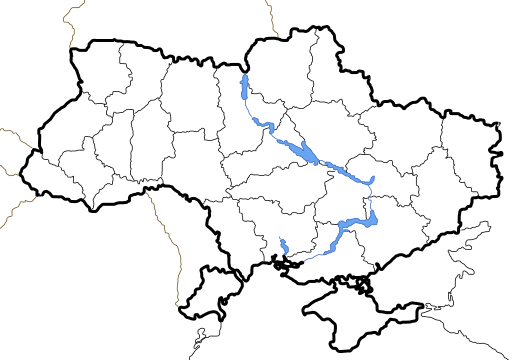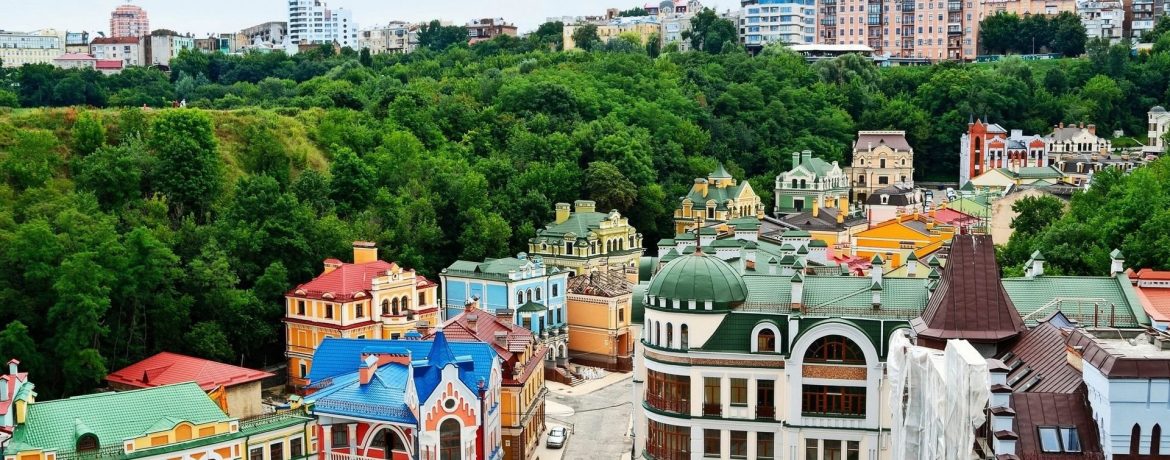
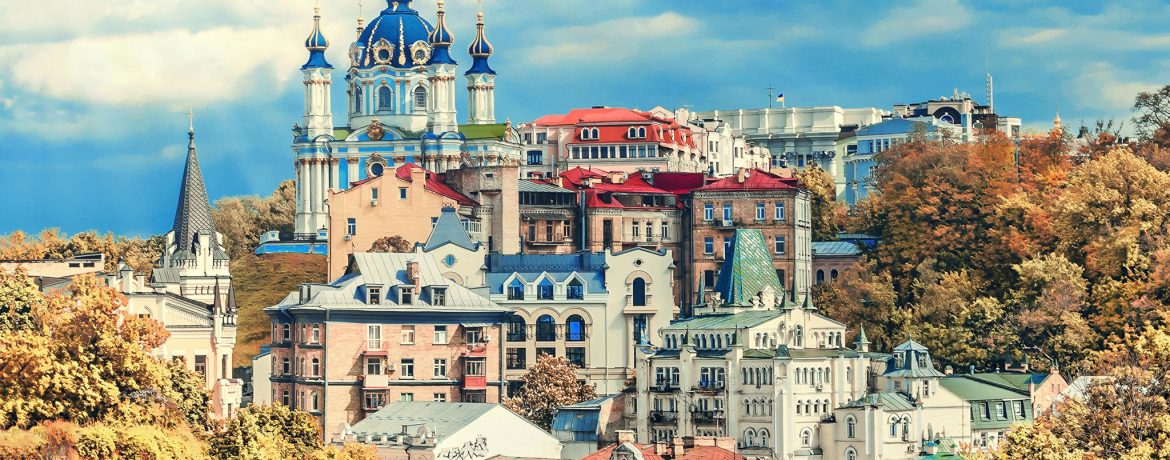
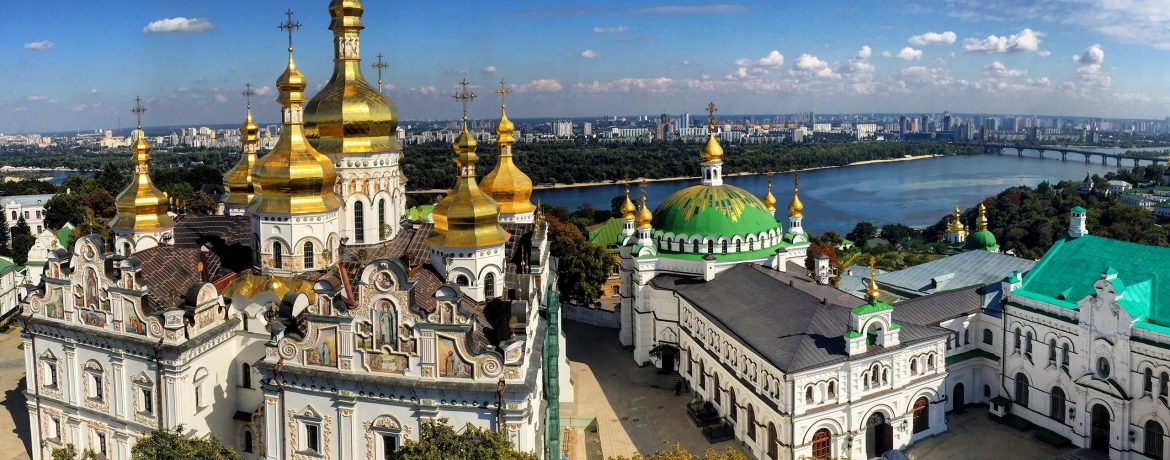
Velenje, 1st March - Call for humanitarian aid
Together with the Municipality of Velenje and the Embassy of Ukraine in Slovenia, the Consulate agreed on a joint assembly point for receiving humanitarian aid and further logistics.
You can submit your contribution from Wednesday to Saturday between 10 am and 6 pm at the Velenje Youth Center (Efenkova 61a).
Humanitarian campaign to collect aid for the people of Ukraine
The groups of products that are collected and should be sorted for further shipment to collection warehouses in Hungary are:
1. Canned food
2. Cereals, flour
3. Baby food
4. Confectionery (energy bars and the like), grissini, coffee (intended for the Ukrainian army)
5. Hygienic aids
6. Sleeping bags and the like
7. Technical equipment (batteries, power banks, radio and the like)
8. Medical and medical devices
9. Medications
A permanent collection point will be organized in the future.
I also ask that the SAŠA Chamber of Commerce and Industry summarize the initiative and send a message to companies that are members of the regional chamber of commerce.
I would like to thank the Velenje Regional Chamber of Crafts for the same procedure.
For larger donor packages of companies and especially for transport, logistics are negotiated separately.
Thank you all,
Robert Hudournik, Honorary Consul of Ukraine in Slovenia
The first refugees from Ukraine are already in Velenje, Honorary Consul of Ukraine in Slovenia Robert Hudournik calls for active assistance
Velenje, February 28 – Esotech d.d. evacuated the families of his Ukrainian associates employed at the Esotech Representative Office in Kiev. After 55 hours of risky travel, they were picked up at the Polish Dolhodyczow border crossing and brought to Velenje at night. Men are not allowed to leave Ukraine, but Yaroslav, who runs the Esotech construction site, will at least no longer tremble for the life of his one-and-a-half-year-old son, Dmytro.
Esotech is implementing projects for the design and construction of a treatment plant in Zhytomyr. The city is attacked by ballistic missiles and is not safe to stay.
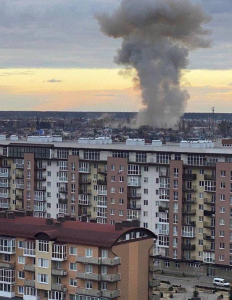
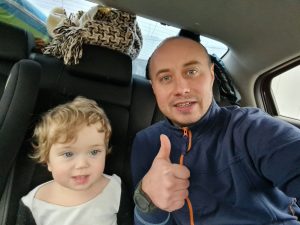
Robert Hudournik, Honorary Consul of Ukraine in Slovenia, who is also the Director of the Representative Office of Esotech d.d. in Kiev, I call for the protection of the democratic way of life and active assistance to Ukraine in the forced war of aggression. We must all contribute to this and act immediately!
Ukraine has opened a special account to support the Ukrainian army UA843000010000000047330992708.
We also collect medical and other aids (the collection point will be at Preloška cesta 1, Velenje – at the address of the Consulate of Ukraine).
We will also help Ukrainian refugees – through accommodation, food and clothing, the organization of care and schooling, social inclusion and potential employment. For which we will set up a fund and a special grant account. I urge my colleagues and managers to donate their products and services.
We will coordinate the activities with the Government of the Republic of Slovenia, the Embassy of Ukraine in Slovenia.
The first two families, of course without the men who remained in Ukraine, have already arrived in Velenje. Unfortunately, they probably won’t be the only ones.
Congratulations on the Independence Day of Ukraine!
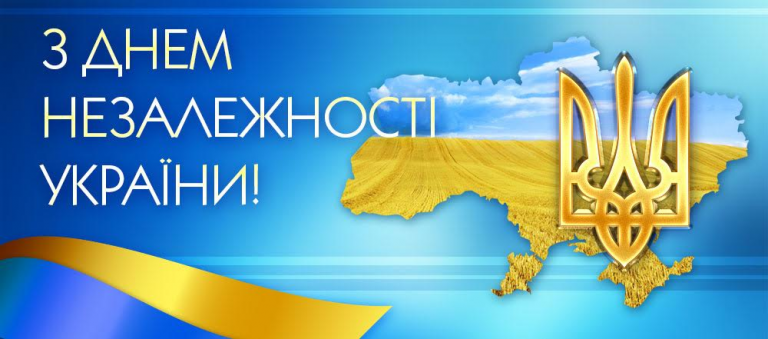
August 24, 1991 – Ukraine’s Independence Day – when the Ukrainian people realized the original desire to create an independent conciliar democratic Ukrainian state and live freely, sharing common national and European values, caring for the security and well-being of the people, as befits a great European nation.
I sincerely congratulate H.E. Mykhailo F. Brodovych, Ambassador of Ukraine to the Republic of Slovenia and Mr. Roman Tershovchyn, Consul in the Embassy of Ukraine and all Ukrainians on the main national holiday and wish them peace, happiness, joy and prosperity!
Robert Hudournik Mr. Honorary consul of Ukraine.
ABOUT HONORARY CONSUL
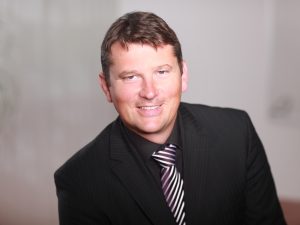
Robert Hudournik was proposed as Honorable Consul of Ukraine in Velenje, covering east part of Republic Slovenia with full understanding of official duties and functions of the honorary consuls of Ukraine:
- protecting in Slovenia interests of Ukraine and of its nationals, both individuals and bodies corporate, within the limits permitted by international law;
- furthering the development of commercial, economic, cultural and scientific relations between Ukraine and Slovenia and otherwise promoting friendly relations between the two countries in accordance with the provisions of the Vienna Convention;
- ascertaining by all lawful means conditions and developments in the commercial, economic, cultural and scientific life of, reporting thereon to the interested parties;
- helping and assisting nationals, both individuals and bodies corporate, of Ukraine.
Robert Hudournik is currently among other duties Director of Representative Office Esotech j.s.c. in Kiev, acting as Project Manager of ECP Contract for Waste Water treatment plant in City of Zhytomir. Being active in Ukraine in last two years he has established knowledge of Ukraine values and tradition, created excellent relationships and valuable contacts.
Degrees or diplomas obtained :
- BSc in Electrotechnics - University of Maribor, Faculty of electrical engineering 1992,
- BSc in Economics - University of Maribor, Economics – Business and Economy Science, 29.11.1995
- MSc in Economics - University of Maribor, Economics – Business and Economy Science, 18.12.2013
Membership of professional bodies:
- Slovenian Association of District Heating Systems, president
- Association of Economists, member
- Association of Supervisory Board Members of Slovenia, member
- Chamber of Engineers, member
- He is not a member of any political Party or any other institution as such.
Key qualifications:
- Holder of a Bachelor in Economics and Electrotechnics and Master Degree in Economics;
- Certified European Project Manager
General professional experience and present professional positions:
- Director of Finance and Economics in Esotech, Ltd
- Director of RR Company TehLAB , since 2014
- Director of Financing and Holding Company DELTA OREL
- Director of Representative Office Esotech in Kiyv
- President of Supervisory Board Esotech d.d.
Specific professional experience:
- Director of Institute of district heating in Slovenia (from 2014 to 2018)
- President of District heating Cluster (since 2008).
- experience of more than 20 years in the Energy sector – district heating, cooling, CHP and sustainable energy [energy efficiency and renewable energy] – as Director Biomass District Heating Company – Energetika Nazarje (2006-2014, 8 years).
- experience and references as Certified European Project Manager for EPC projects for Waste water treatment plants and Potable water treatment plants, DH.
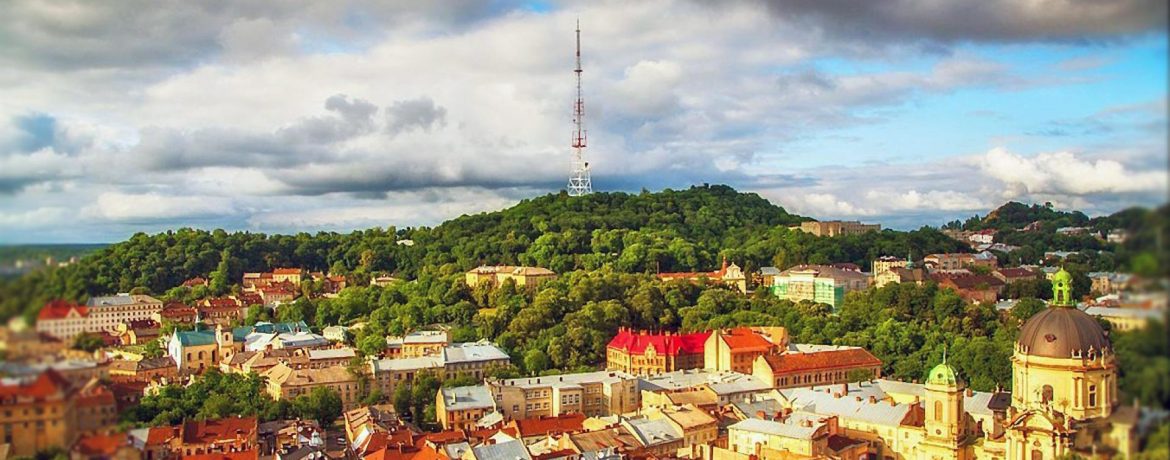
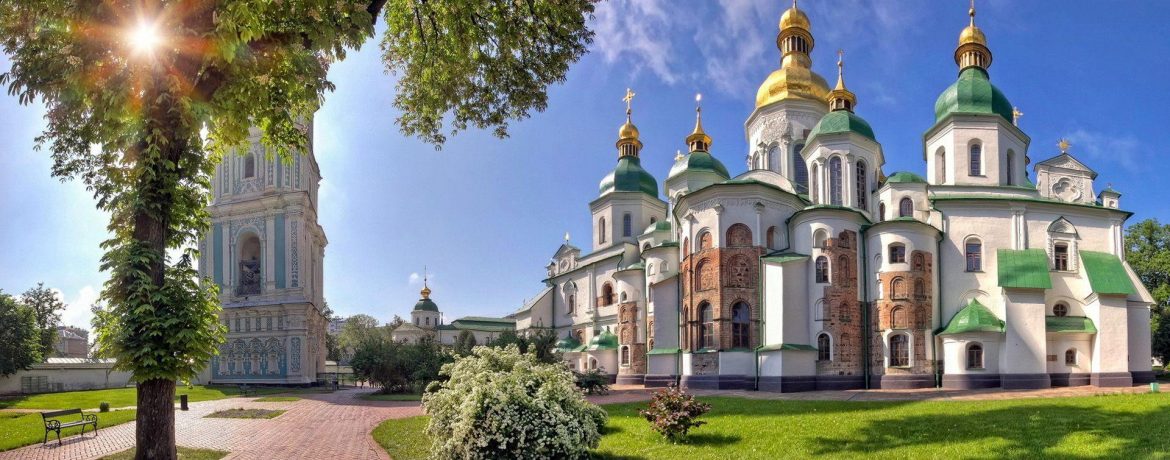
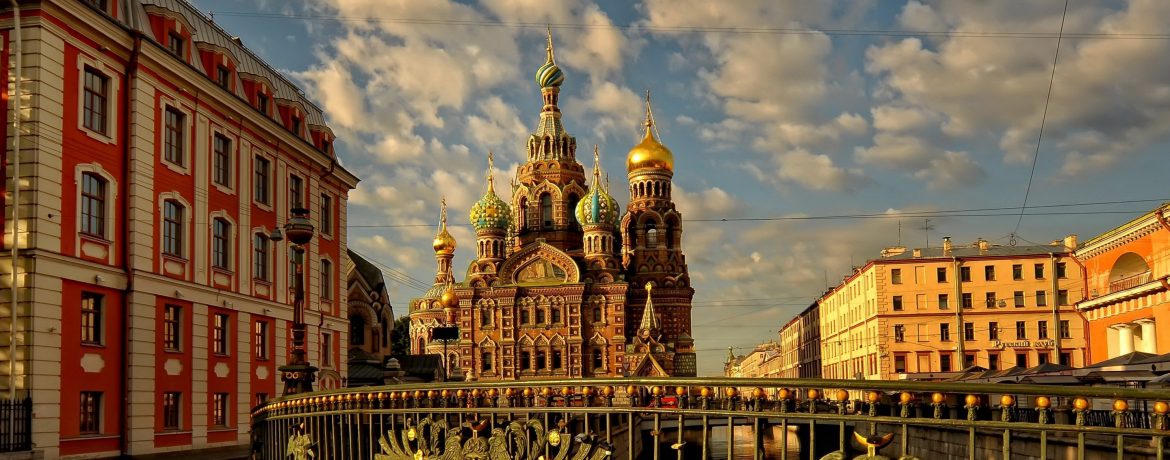
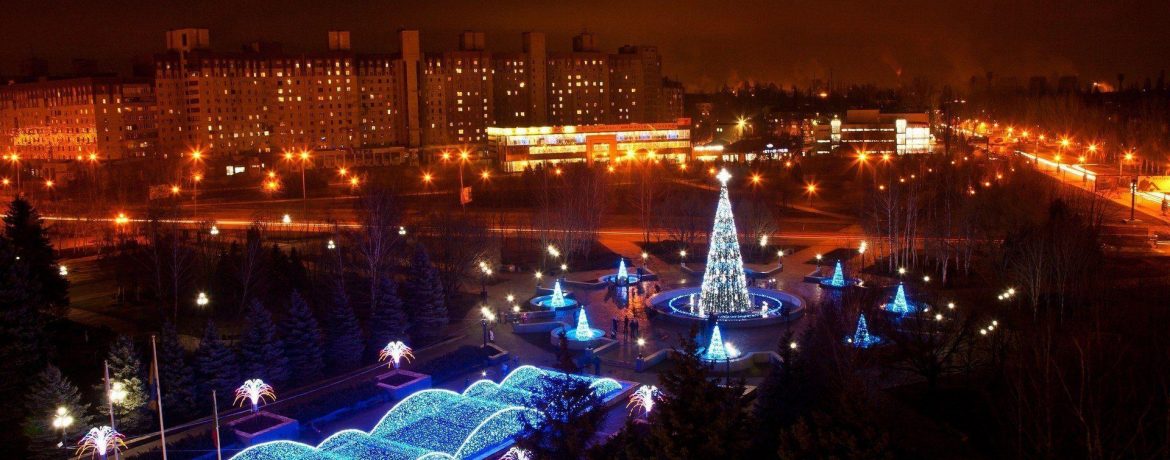
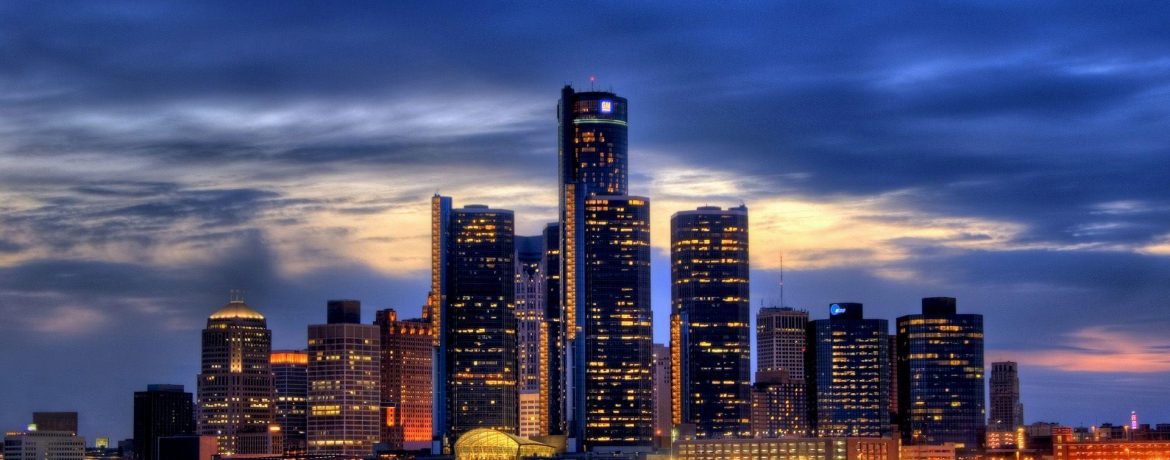
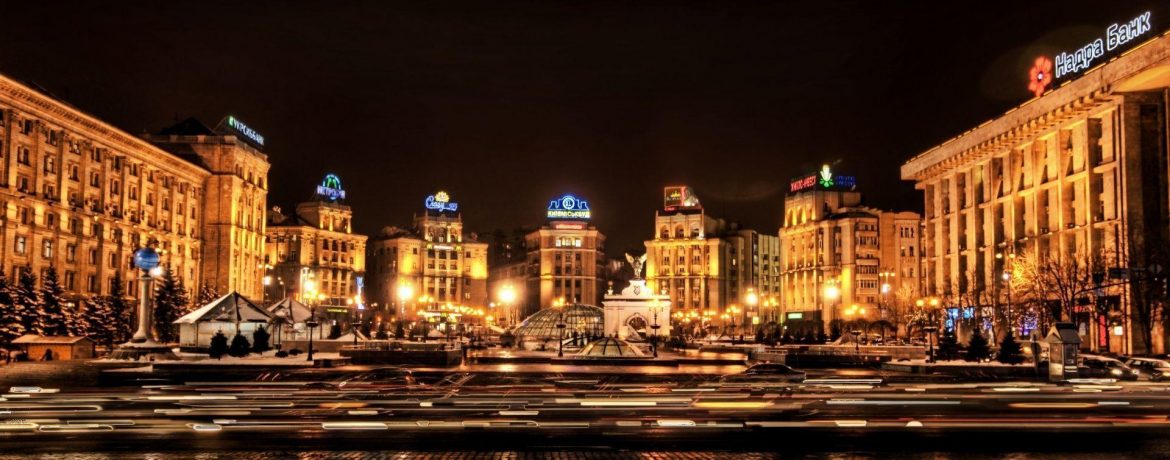
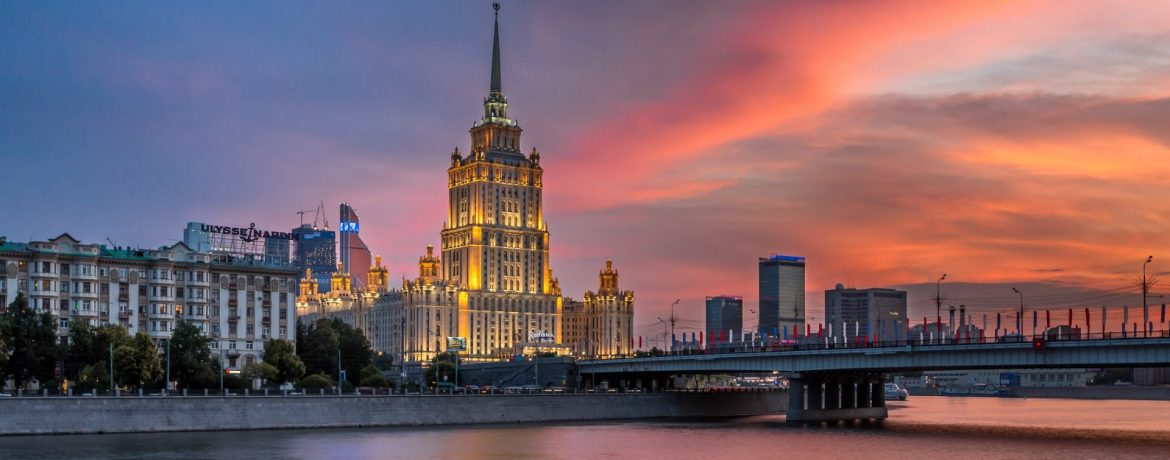
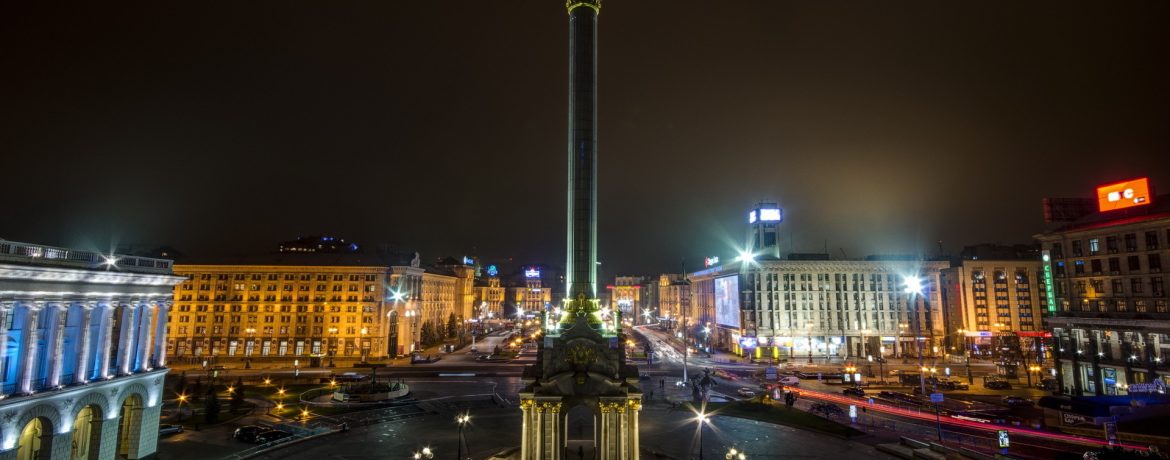
ABOUT UKRAINE
The President is elected by popular vote for a five-year term and is the formal head of state. The sixth president of Ukraine is Volodymyr Zelensky. Ukraine’s legislative branch includes the 450-seat unicameral parliament, the Verkhovna Rada. The parliament is primarily responsible for the formation of the executive branch and the Cabinet of Ministers, headed by the Prime Minister. However, the President still retains the authority to nominate the Ministers of the Foreign Affairs and of Defence for parliamentary approval, as well as the power to appoint the Prosecutor General and the head of the Security Service.
In 1999–2001, Ukraine served as a non-permanent member of the UN Security Council. Historically, Soviet Ukraine joined the United Nations in 1945 as one of the original members following a Western compromise with the Soviet Union, which had asked for seats for all 15 of its union republics. Ukraine has consistently supported peaceful, negotiated settlements to disputes. It has participated in the quadripartite talks on the conflict in Moldova and promoted a peaceful resolution to conflict in the post-Soviet state of Georgia. Ukraine also has made a substantial contribution to UN peacekeeping operations since 1992.
In January 2016, Ukraine joined the Deep and Comprehensive Free Trade Area (green) with the EU (blue), established by the Ukraine–European Union Association Agreement, opening its path towards European integration.
Ukraine currently considers Euro-Atlantic integration its primary foreign policy objective, but in practice it has always balanced its relationship with the European Union and the United States with strong ties to Russia. The European Union’s Partnership and Cooperation Agreement (PCA) with Ukraine went into force on 1 March 1998. The European Union (EU) has encouraged Ukraine to implement the PCA fully before discussions begin on an association agreement, issued at the EU Summit in December 1999 in Helsinki, recognizes Ukraine’s long-term aspirations but does not discuss association. On 31 January 1992, Ukraine joined the then-Conference on Security and Cooperation in Europe (now the Organization for Security and Cooperation in Europe (OSCE)), and on 10 March 1992, it became a member of the North Atlantic Cooperation Council. Ukraine–NATO relations are close and the country has declared interest in eventual membership. This was removed from the government’s foreign policy agenda upon election of Viktor Yanukovych to the presidency, in 2010. But after February 2014’s Yanukovych ouster and the (denied by Russia) following Russian military intervention in Ukraine Ukraine renewed its drive for NATO membership. Ukraine is the most active member of the Partnership for Peace (PfP). All major political parties in Ukraine support full eventual integration into the European Union. The Association Agreement with the EU was expected to be signed and put into effect by the end of 2011, but the process was suspended by 2012 because of the political developments of that time. The Association Agreement between Ukraine and the European Union was signed in 2014.
Ukraine long had close ties with all its neighbours, but Russia–Ukraine relations became difficult in 2014 by the annexation of Crimea, energy dependence and payment disputes. There are also tensions with Poland and Hungary.
The Deep and Comprehensive Free Trade Area (DCFTA), which entered into force in January 2016 following the ratification of the Ukraine–European Union Association Agreement, formally integrates Ukraine into the European Single Market and the European Economic Area. Ukraine receives further support and assistance for its EU-accession aspirations from the International Visegrád Fund of the Visegrád Group that consists of Central European EU members the Czech Republic, Poland, Hungary and Slovakia.
The ousting of Yanukovych prompted Vladimir Putin to begin preparations to annex Crimea on 23 February 2014. Using the Russian naval base at Sevastopol as cover, Putin directed Russian troops and intelligence agents to disarm Ukrainian forces and take control of Crimea. After the troops entered Crimea, a controversial referendum was held on 16 March 2014 and the official result was that 97 percent wished to join with Russia. On 18 March 2014, Russia and the self-proclaimed Republic of Crimea signed a treaty of accession of the Republic of Crimea and Sevastopol in the Russian Federation. The UN general assembly responded by passing resolution 68/262 that the referendum was invalid and supporting the territorial integrity of Ukraine.
Separately, in the Donetsk and Luhansk regions, armed men declaring themselves as local militia supported with pro-Russian protesters seized government buildings, police and special police stations in several cities and held unrecognised status referendums. The insurgency was led by Russian emissaries Igor Girkin and Alexander Borodai as well as militants from Russia, such as Arseny Pavlov.
Talks in Geneva between the EU, Russia, Ukraine and USA yielded a Joint Diplomatic Statement referred to as the 2014 Geneva Pact in which the parties requested that all unlawful militias lay down their arms and vacate seized government buildings, and also establish a political dialogue that could lead to more autonomy for Ukraine’s regions. When Petro Poroshenko won the presidential election held on 25 May 2014, he vowed to continue the military operations by the Ukrainian government forces to end the armed insurgency. More than 9,000 people have been killed in the military campaign.
In August 2014, a bilateral commission of leading scholars from the United States and Russia issued the Boisto Agenda indicating a 24-step plan to resolve the crisis in Ukraine. The Boisto Agenda was organized into five imperative categories for addressing the crisis requiring stabilization identified as: (1) Elements of an Enduring, Verifiable Ceasefire; (2) Economic Relations; (3) Social and Cultural Issues; (4) Crimea; and, (5) International Status of Ukraine. In late 2014, Ukraine ratified the Ukraine–European Union Association Agreement, which Poroshenko described as Ukraine’s “first but most decisive step” towards EU membership. Poroshenko also set 2020 as the target for EU membership application.
OSCE SMM monitoring the movement of heavy weaponry in eastern Ukraine, 4 March 2015
In February 2015, after a summit hosted in Belarus, Poroshenko negotiated a ceasefire with the separatist troops. This included conditions such as the withdrawal of heavy weaponry from the front line and decentralisation of rebel regions by the end of 2015. It also included conditions such as Ukrainian control of the border with Russia in 2015 and the withdrawal of all foreign troops from Ukrainian territory. The ceasefire began at midnight on 15 February 2015. Participants in this ceasefire also agreed to attend regular meetings to ensure that the agreement is respected.
On 1 January 2016, Ukraine joined the Deep and Comprehensive Free Trade Area with European Union,[12] which aims to modernize and develop Ukraine’s economy, governance and rule of law to EU standards and gradually increase integration with the EU Internal market. Then, on 11 May 2017 the European Union approved visa-free travel for Ukrainian citizens: this took effect from 11 June entitling Ukrainians to travel to the Schengen area for tourism, family visits and business reasons, with the only document required being a valid biometric passport.
In total, Ukraine has 457 cities, 176 of them are labelled oblast-class, 279 smaller raion-class cities, and two special legal status cities. These are followed by 886 urban-type settlements and 28,552 villages.
According to the Ukrainian Census of 2001, Ukrainians make up 77.8% of the population. Other significant ethnic groups include Russians (17.3%), Belarusians (0.6%), Moldovans (0.5%), Crimean Tatars (0.5%), Bulgarians (0.4%), Hungarians (0.3%), Romanians (0.3%), Poles (0.3%), Jews (0.3%), Armenians (0.2%), Greeks (0.2%) and Tatars (0.2%).[1] It is also estimated that there are about 50,000 ethnic Koreans (0.12%) in Ukraine that belong to the Koryo-saram group. Their number may be as high as 100,000, as many ethnic Koreans were assimilated into the majority population.
The history of Ukrainian literature dates back to the 11th century, following the Christianisation of the Kievan Rus’. The writings of the time were mainly liturgical and were written in Old Church Slavonic. Historical accounts of the time were referred to as chronicles, the most significant of which was the Primary Chronicle. Literary activity faced a sudden decline during the Mongol invasion of Rus’.
Ukrainian literature again began to develop in the 14th century, and was advanced significantly in the 16th century with the introduction of print and with the beginning of the Cossack era, under both Russian and Polish dominance. The Cossacks established an independent society and popularized a new kind of epic poems, which marked a high point of Ukrainian oral literature. These advances were then set back in the 17th and early 18th centuries, when publishing in the Ukrainian language was outlawed and prohibited. Nonetheless, by the late 18th century modern literary Ukrainian finally emerged.
The 19th century initiated a vernacular period in Ukraine, led by Ivan Kotliarevsky’s work Eneyida, the first publication written in modern Ukrainian. By the 1830s, Ukrainian romanticism began to develop, and the nation’s most renowned cultural figure, romanticist poet-painter Taras Shevchenko emerged. Where Ivan Kotliarevsky is considered to be the father of literature in the Ukrainian vernacular; Shevchenko is the father of a national revival.
Then, in 1863, use of the Ukrainian language in print was effectively prohibited by the Russian Empire.[62] This severely curtailed literary activity in the area, and Ukrainian writers were forced to either publish their works in Russian or release them in Austrian controlled Galicia. The ban was never officially lifted, but it became obsolete after the revolution and the Bolsheviks’ coming to power.
Ukrainian literature continued to flourish in the early Soviet years, when nearly all literary trends were approved (the most important literary figures of that time were Mykola Khvylovy, Valerian Pidmohylny, Mykola Kulish, Mykhayl Semenko and some others). These policies faced a steep decline in the 1930s, when prominent representatives as well as many others were killed by NKVD as part of the Great Purge. In general around 223 writers were repressed by what was known as the Executed Renaissance. These repressions were part of Stalin’s implemented policy of socialist realism. The doctrine did not necessarily repress the use of the Ukrainian language, but it required that writers follow a certain style in their works.
In post-Stalinist times literary activities continued to be somewhat limited under the Communist Party. The most famous figures of Ukrainian post-war Soviet literature were Lina Kostenko, Dmytro Pavlychko, Borys Oliynyk (poet), Ivan Drach, Oles Honchar, Vasyl Stus, Vasyl Symonenko.
Literary freedom grew in the late 1980s and early 1990s alongside the decline and collapse of the USSR and the reestablishment of Ukrainian independence in 1991.
